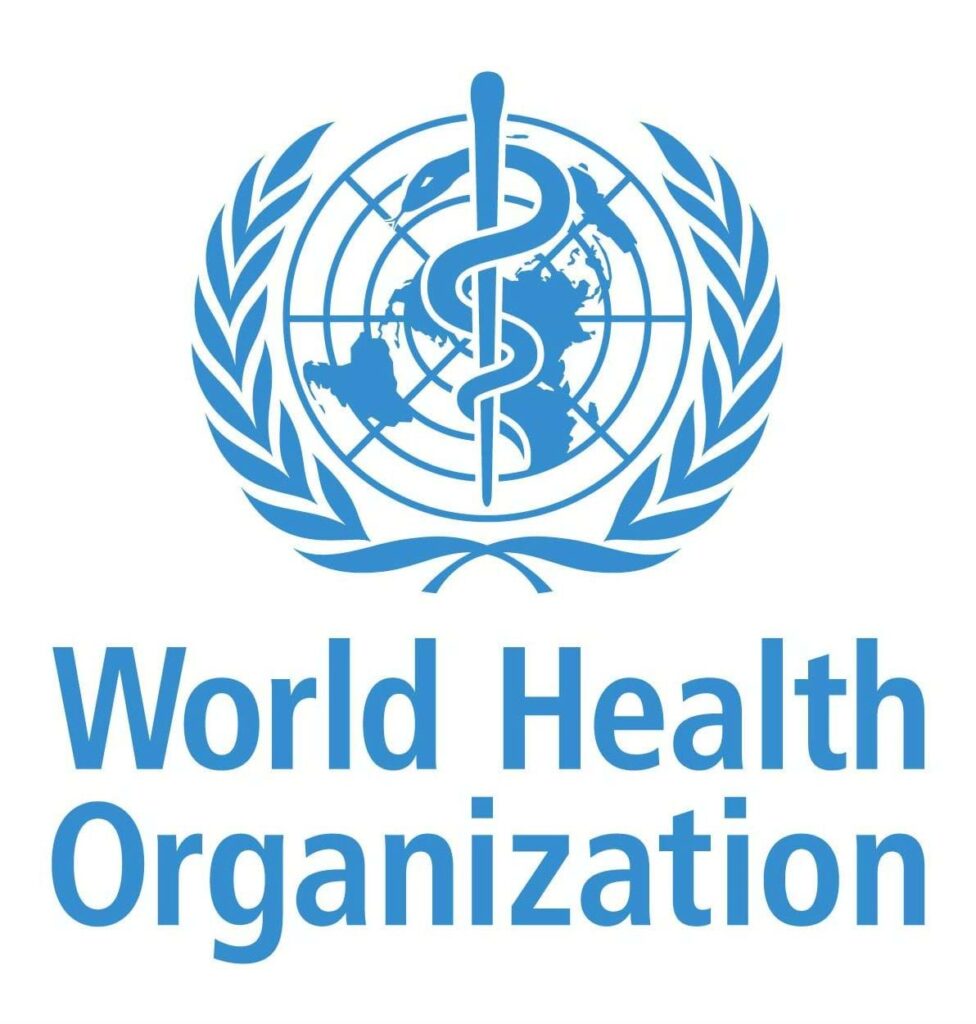- Safiu Kehinde
The World Health Organisation (WHO) has called for renewed and intensified efforts at all levels, from global policy to community action, to accelerate progress towards malaria elimination.
WHO made the call in a statement issued on Thursday, marking World Malaria Day, which is celebrated every April 25.
“In the late 1990s, world leaders laid the foundation for remarkable progress in global malaria control, including preventing more than 2 billion cases of malaria and nearly 13 million deaths since 2000.
“To date, WHO has certified 45 countries and one territory as malaria-free, and many countries with a low burden of malaria continue to move steadily towards the goal of elimination,” the WHO said.
The organization stressed further that of the remaining 83 malaria-endemic countries, 25 reported fewer than 10 cases of the disease in 2023.
However, WHO warned that the gains were fragile.
Dr Tedros Adhanom Ghebreyesus, WHO Director-General, emphasised that history had shown that malaria resurged when attention diverted, especially affecting the most vulnerable.
“But the same history also shows us what’s possible: with strong political commitment, sustained investment, multisectoral action, and community engagement, malaria can be defeated,” Ghebreyesus said.
He highlighted that significant investments in new malaria vaccines and next-generation tools were already paying off.
“On World Malaria Day, Mali will join 19 other African countries in introducing malaria vaccines, a vital step towards protecting young children from one of Africa’s deadliest diseases.
“The large-scale rollout of malaria vaccines in Africa is expected to save tens of thousands of young lives annually.
“Furthermore, the expanded use of next-generation insecticide-treated nets is expected to lower the disease burden.
“In 2023, nearly 80 per cent of all nets delivered in sub-Saharan Africa were these new nets, up from 59 per cent the previous year.
“In spite of these gains, malaria remains a major public health challenge, with nearly 600,000 deaths attributed to the disease in 2023 alone, predominantly in the African region, which shoulders 95 per cent of the malaria burden.
“Challenges such as fragile health systems, rising drug and insecticide resistance, climate change, conflict, poverty, and population displacement continue to impede progress.”
Ghebreyesus also warned that the 2025 funding cuts could further derail progress in many endemic countries, putting millions of lives at risk.
“Of the 64 WHO Country Offices in malaria-endemic countries that took part in a recent WHO assessment, more than half reported moderate or severe disruptions to malaria services.”
The theme for World Malaria Day 2025, “Malaria ends with us: reinvest, reimagine, reignite,” calls for stepped-up political and financial commitments to protect the hard-won gains in malaria control.
Ghebreyesus urged malaria-endemic countries to boost domestic spending, particularly in primary healthcare, so that all at-risk populations could access the necessary services.
“The successful replenishment of the Global Fund and Gavi, the Vaccine Alliance, are also seen as critical to financing malaria programmes and accelerating progress.
“Addressing current challenges will require innovative tools, strategies, and partnerships, including the development of more effective antimalarial drugs, as well as advancements in service delivery, diagnostics, insecticides, vaccines, and vector control methods.
“The Yaoundé Declaration, signed by African health ministers in March 2024, demonstrates increased commitment by countries to strengthen health systems, enhance multisectoral action, and ensure robust accountability mechanisms.”
Dr Daniel Ngamije, Director of the WHO Global Malaria Programme, stated, “This is the kind of leadership the world must rally behind.
“Reigniting commitment at all levels from communities to governments, researchers, the private sector, and donors is critical to curbing and ultimately ending malaria.”


